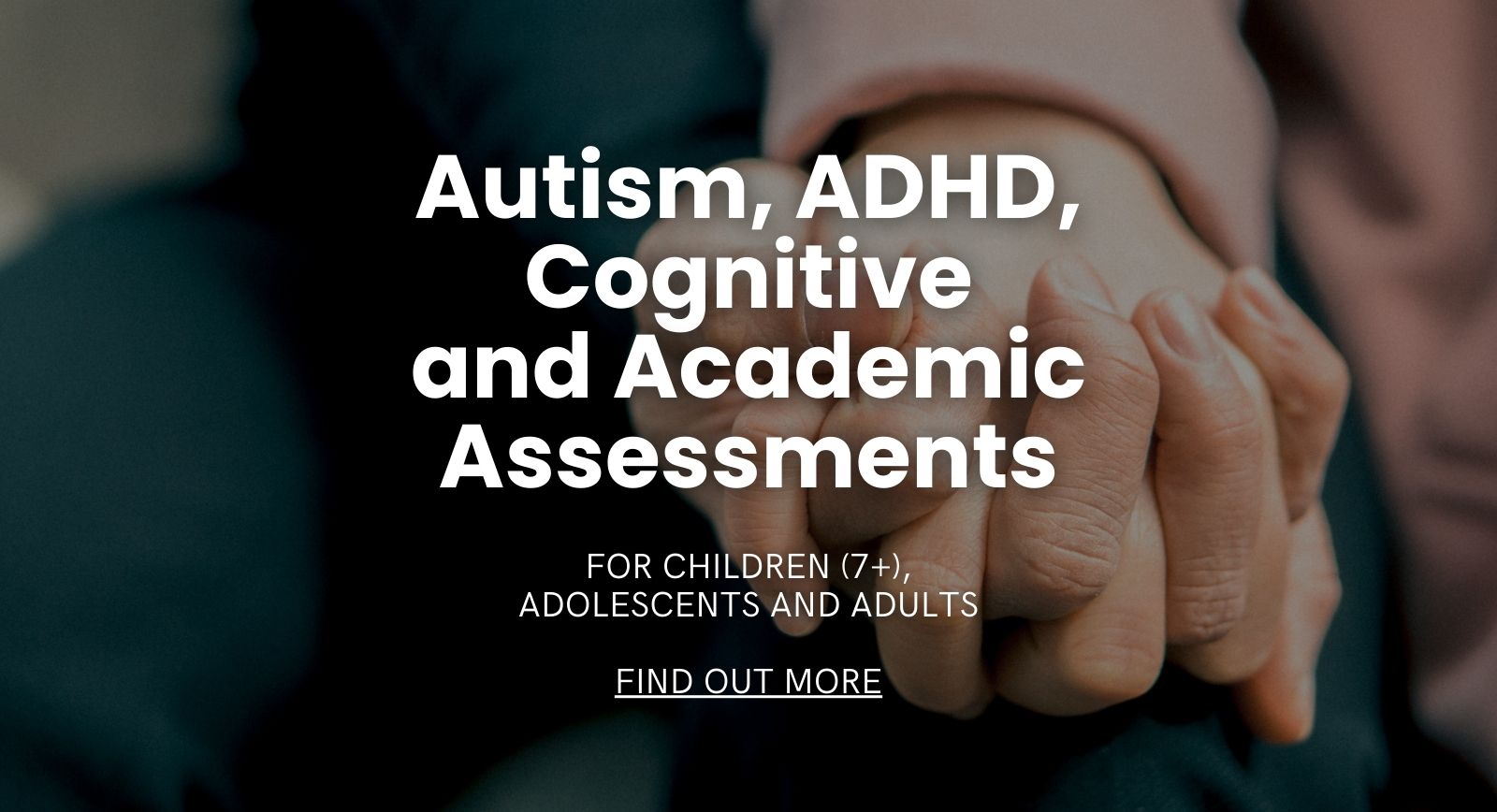Articles
March 30th is a day dedicated to spreading awareness and acceptance of Bipolar Disorder. Bipolar Disorder is a lifelong mental illness frequently categorised by sudden and extreme changes in mood, typically shifting between intense episodes of mania and depression. The disorder also affects day-to-day life by causing shifts in activity levels, energy, behaviour, and appetite,
> Read Moreby Poppy Kirwan, Northside Psychology Staff writer. In Australia, 800,000 people will have lived, or do live, with epilepsy at some point in their lives, and it’s estimated that 65 million people have the neurological condition globally. Epilepsy is a disease that affects the brain and typically causes seizures. It’s important to note that seizures are a disruption of the activity in the brain, and not all seizures involve convulsions, as is widely believed.
> Read More1 in 15 people are neurodivergent, which means that their brains process thoughts, learning, and other “wiring” of the brain differently to majority of the population, who are considered neurotypical. It refers to a variety of processing and learning differences – such as Autism, ADHD, dyslexia, dyscalculia, dysgraphia and dyspraxia. In schools, neurodivergent children and teenagers are more likely than other neurotypical students
> Read Moreby Poppy Kirwan, Northside Psychology Staff writer. 1 in 20 people will live with a rare disease, but most rare diseases continue to go undiagnosed and untreated. That’s why Rare Disease Day was created for February 28th in 2008 and has run every year since. The day hopes to raise awareness in every corner of the world, for those 300 million suffering
> Read Moreby Poppy Kirwan, Northside Psychology Staff writer. This 2021, after recovering from the exhausting previous year, it’s more important than ever to be kind to one another and give to the community and those around you. Many people are still suffering from the loss of their jobs, loved ones, or homes to the pandemic, economy, or
> Read More





